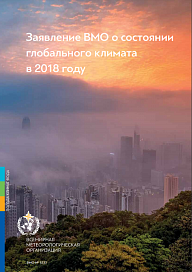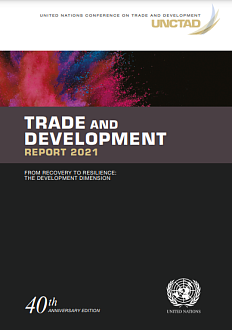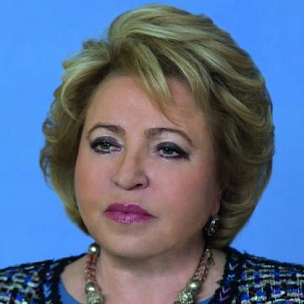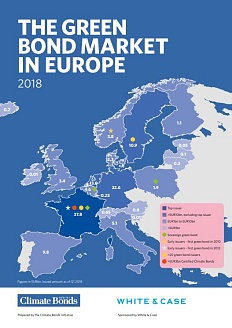The 2019 edition of the annual publication by the World Meteorological Organization (WMO) treating data for 2018 analyzes the year-to-year variations and long-term trends of a changing climate. The authors examine state-of-the-climate indicators and climate risks and related impacts. Clearly, one of the main indicators is the temperature. The year 2018 was the fourth warmest in the global temperature record. According to continental data from NOAA (the National Oceanic and Atmospheric Administration, USA), 2018 was ranked in the top 10 warmest years for Africa, Asia, Europe, Oceania and South America.
Importantly, WMO uses a wide range of data sources to assess the state of the climate, including the UK Met Office Hadley Centre and Climatic Research Unit at the University of East Anglia, as well as meteorological and marine observations, including from satellites, and a large number of special indicators. State-of-the-climate indicators used by WMO include surface temperature, ocean heat content, atmospheric CO2, ocean acidification, sea level, glacier mass balance and Arctic and Antarctic sea-ice extent. These variables allow a detailed picture of the changes in the respective domain or the overall state of the climate. For example, accurately assessing CO2 emissions and their redistribution within the atmosphere, oceans, and land the «global carbon budget» helps us capture how humans are changing the Earths climate, supports the development of climate policies, and improves projections of future climate change.

Key components of climate system and interactions: energy budget, atmospheric composition, weather, hydrological cycle, ocean and cryosphere
Special consideration in the report is given to the current state of the ocean and the cryosphere. The authors examine sea-surface temperatures, ocean heat content, sea level, and ocean acidification. The major cryosphere indicators for the state of the climate include sea ice, glaciers, and the Greenland ice sheet. Sea level is one of the seven key indicators of global climate change, and it continues to rise at an accelerated rate. Global mean sea level for 2018 was the highest on record. Arctic sea-ice extent, which is one of the cryosphere indicators, was well below average throughout 2018 and was at record low levels for the first two months of the year.

Global mean sea level for the period 19932018 from satellite altimetry datasets. The thin black line is a quadratic function representing the acceleration.
A separate section of the report is devoted to climate risks and related impacts overall. These include both environmental impacts and direct socioeconomic impacts on human health and well-being. Not only do climate changes provoke extreme weather events but they also disrupt the agricultural sector, put food security at risk, displace populations, and have a negative effect on human health worldwide. One example of health hazards is heat stress. Heatwaves can exacerbate diseases and health problems and are a leading cause of weather-related death. Statistics show that between 2000 and 2016, the number of people exposed to heatwaves is estimated to have increased by around 125 million. In 2010, 55 000 excess deaths occurred during a 44-day heatwave in the Russian Federation.
This is why the report by the WMO clearly underlines the need for urgent action on climate change. This report makes a significant contribution to this process by providing data to inform the United Nations Secretary-Generals 2019 Climate Action Summit. «The data released in this report give cause for great concern,» António Guterres, the UN Secretary-General, stated in the foreword to this report. «The past four years were the warmest on record, with the global average surface temperature in 2018 approximately 1 °C above the pre-industrial baseline. These data confirm the urgency of climate action. This was also emphasized by the recent Intergovernmental Panel on Climate Change (IPCC) special report on the impacts of global warming of 1.5 °C.»
This material was published in the Roscongress Information and Analytical System on the recommendation of the Roscongress Foundation expert community.





